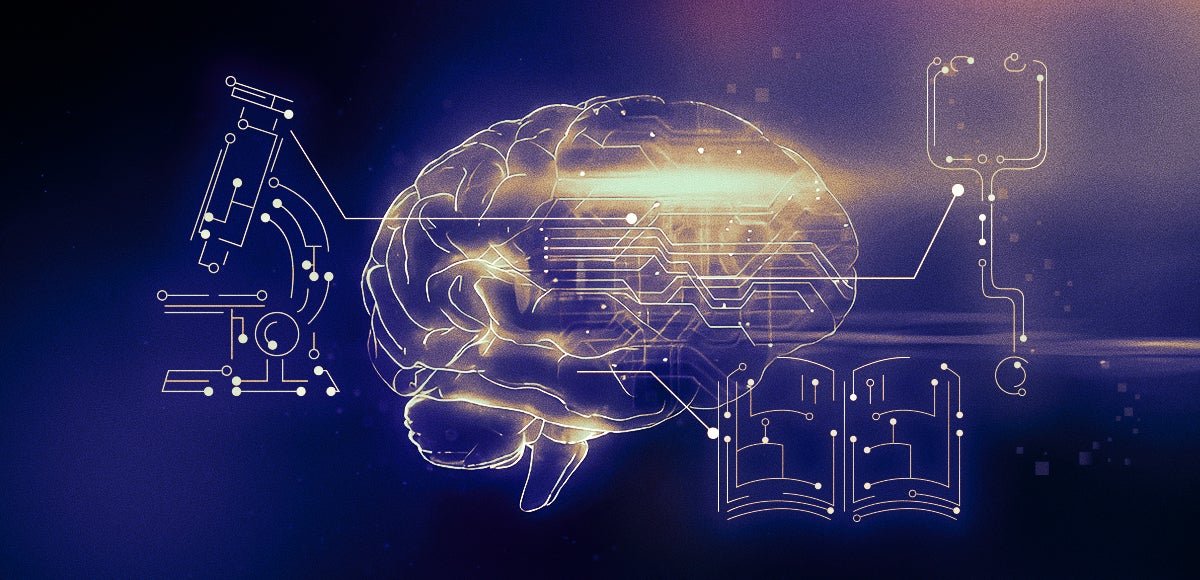For centuries, creativity has been considered a uniquely human trait. Yet, a recent study has challenged this long-held belief, demonstrating that AI can now perform at the same level as humans in creative thinking tasks. The study, published in the journal Nature, found that the latest version of the AI model GPT-4, outperformed humans in a series of tests designed to measure originality, flexibility, and elaboration.
Key Highlights:
- AI model GPT-4 outperforms humans in creative thinking tests, scoring in the top 1% for originality.
- This breakthrough raises questions about the nature of creativity and the future of human-AI collaboration.
- Experts see potential for AI to revolutionize creative industries but also warn of potential ethical challenges.

This breakthrough marks a significant milestone in the development of artificial intelligence. It suggests that AI may be capable of not only mimicking human creativity but also of exceeding it in certain domains. This has far-reaching implications for the future of various industries, including art, music, design, and even scientific research.
AI’s Potential for Creative Innovation
Experts believe that AI can revolutionize creative industries by automating repetitive tasks, generating new ideas, and providing feedback on existing work. For example, AI can be used to:
- Generate music: AI can compose original music pieces in various genres, with the ability to adapt to different styles and moods.
- Write creative content: AI can be used to write poems, scripts, blog posts, and other forms of written content, freeing up human writers to focus on more complex tasks.
- Design products: AI can be used to design new products and user interfaces, taking into account factors such as functionality, aesthetics, and ergonomics.
- Develop innovative solutions: AI can be used to analyze large datasets and identify patterns that could lead to new ideas and solutions in various fields.
Ethical Concerns and the Future of Human-AI Collaboration
Despite the potential benefits, the use of AI in creative industries raises a number of ethical concerns. These include:
- Copyright and ownership: Who owns the copyright to AI-generated creative works? This is a complex question that has yet to be fully addressed by the legal system.
- Bias and discrimination: AI can be biased based on the data it is trained on. This can lead to the creation of discriminatory or offensive content.
- Job displacement: As AI becomes more sophisticated, it could lead to job displacement in creative industries.
It is important to address these ethical concerns before AI becomes more widely adopted in the creative sector. We need to develop clear guidelines and regulations for the use of AI in creative work, and we need to ensure that AI is used in a responsible and ethical manner.
The future of human-AI collaboration in the creative realm is full of both promise and peril. AI has the potential to unleash unprecedented levels of creativity and innovation, but it is crucial that we use this technology responsibly and ethically. By working together, humans and AI can create a future where creativity flourishes and benefits all of humanity.
AI’s impressive performance in creative thinking tests signals a paradigm shift in our understanding of machine intelligence. While ethical concerns remain, the potential for AI to revolutionize creative industries is undeniable. By embracing the power of AI and addressing the associated challenges, we can usher in a new era of innovation and progress in the creative domain.



























